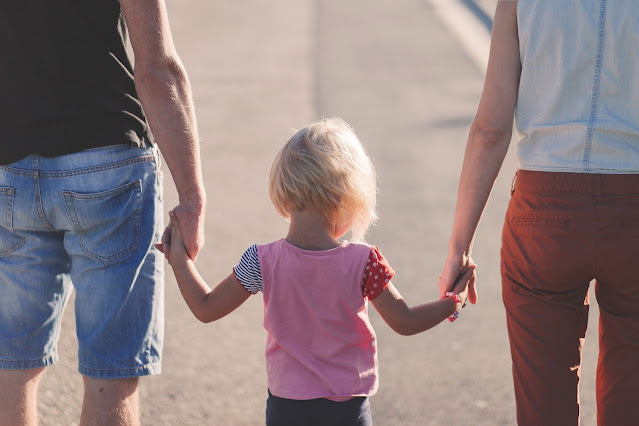Types of Socialization
1. Types of Socialization
Socializations
can be classified into two categories:
2.
Secondary
Socialization
3.
Anticipatory
Socialization
This division is based on the
primary and secondary needs of individuals. The basic physical needs such as
thirst, hunger etc. are called primary needs while secondary needs are those
which emerge to meet primary needs e.g., the need for learning skills to earn
livelihood.
1.1. Primary Socialization
Primary socialization is related with
the satisfaction of Basic needs (Primary needs) such as hunger, thirst etc. Family
satisfies the basic needs of human beings; therefore, it is called primary
institution. The parents are primary socializing agents of the child. Hence; Inculcation
of norms and values within the family is called primary socialization.
Primary
socialization takes place in infancy and childhood. This is the most crucial
stage of socialization as the child learns basic behaviour pattern at this
stage.
1.2 Secondary Socialization
Secondary
socialization is related with secondary needs. Secondary needs are those which
emerge to meet primary needs e.g., the need for learning skills to earn
livelihood.
A school is a secondary social institution because it meets
the derived needs of the children. the school teachers are the secondary
socializing agents. Hence; The process of imbibing norms, values and
behavioral patterns of school may be called secondary socialization.
Generally secondary socialization starts from the later
stage of childhood and goes up to maturity. However, the process of socialization
never stops in life. The school, peer groups and other institutions in which a
person is placed in life play the role of socializing agents.
1.3 Anticipatory Socialization
In the
modem societies, where the social mobility of individuals and groups takes
place more frequently, individual's loyalty to a particular social group
weakens. He starts emulating the values, norms, behaviour patterns of another
group in anticipation of being accepted as its member. This kind of
socialization is called anticipatory socialization. It is based on the
reference group theory. According to this theory the norms, values and the
behaviour patterns of the individual are determined with reference to a
particular group or groups. For example, individuals who have acquired wealth suddenly
try to follow the values aid life style of upper strata of society. They tend
to change their dress, behavior and even their language and custom. For example,
they start demanding dowry and force their women folk to observe parda on other
'distancing' customs.




.png)
Comments
Post a Comment